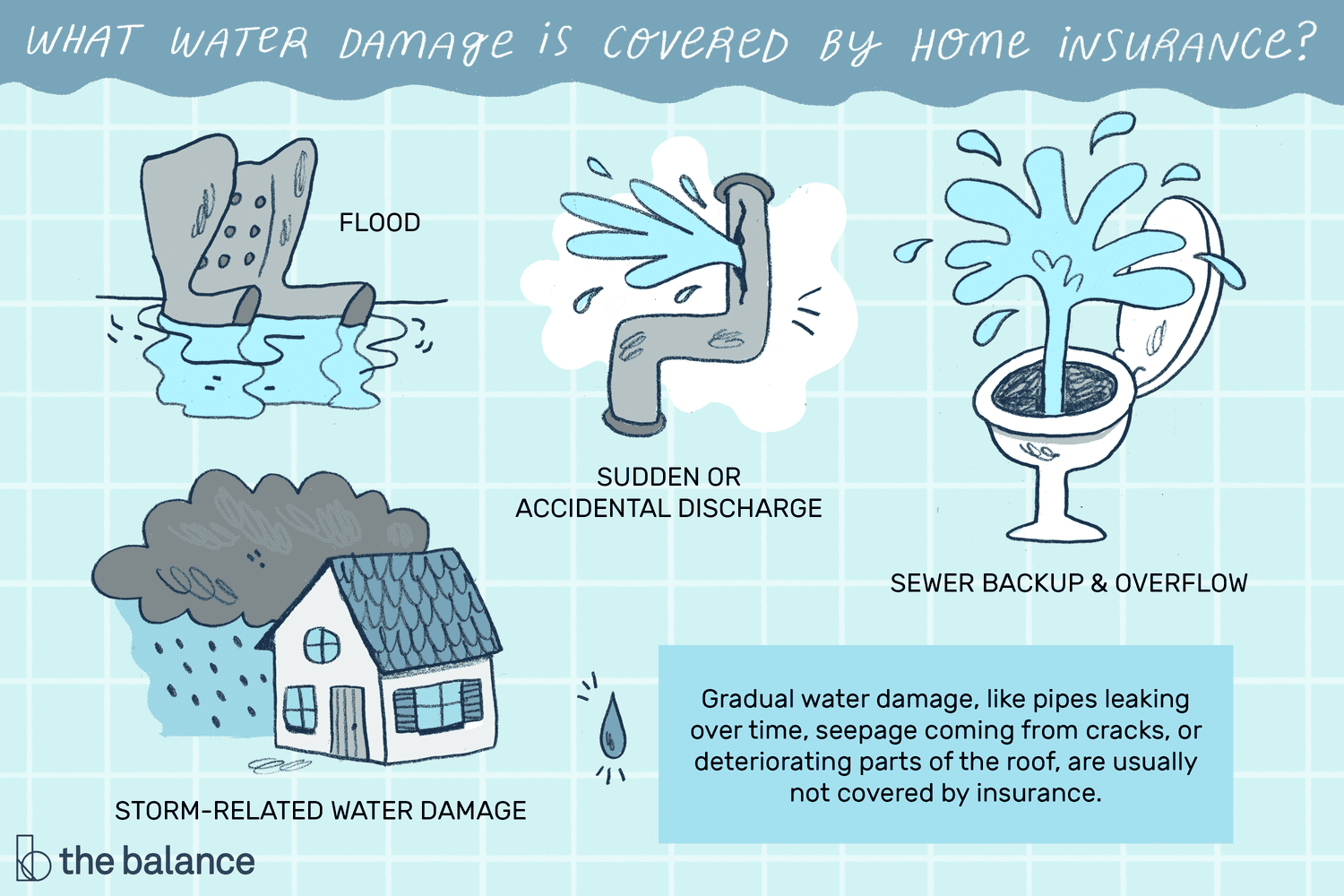
A great way to ensure your pet's safety is vets insurance. It can also help protect your business in the unlikely event of an unfortunate event. Fire can cause damage to a veterinarian's office or an animal can block a drain. These situations can lead to a high vet bill. However, a policy for veterinary surgery insurance will ensure that you and your staff are covered.
American Veterinary Medical Association (AVMA), is one of the most respected organizations for veterinary practitioners. It offers a range of insurance options. They can help you choose the best policy for your practice and assets.
You will need insurance if your veterinary practice is small. You can protect yourself and your business against many risks, from income loss to legal action. Not only will it protect your practice, but it can also help you stay focused on your business.
A common protection in pet health insurance is the "key person absence" coverage. This means your veterinarian will be available to your pet in the event of an emergency. However, it is not always possible.

Liability insurance is another feature that is common in pet insurance. Liability insurance helps protect your business against lawsuits, damage or injury to your property and employees.
The most important feature in a vets insurance policy is the vet fee cover. Covering your pet's fees can be the difference between paying a large vet bill or not. Your vet will be reimbursed for a portion of the vet bill when you pay your deductible or co-pay.
Also, be sure to check the deductible and the cost of a vets' insurance policy. Most policies will take a percentage off the total treatment claim. This is usually a small percentage. Some policies do not cover pre-existing medical conditions. Before signing up, ensure you read through the terms.
There are many options when it comes to pet insurance. All of them offer one major benefit. This means that they will cover a vet fee for a particular condition. Some insurance companies only cover the copay. Others will deduct the whole deductible. You can compare quotes from many companies to find the best deal.
It doesn't really matter if your practice is small or large, it's a good idea for you to get veterinary insurance. Many policies will be tailored to fit your particular needs.

Even the most comprehensive plans are not without their limitations. A typical policy only covers the smallest medical claim, and you may have to wait a few years before you can qualify for benefits. Some policies don't cover all conditions and some policies don't offer laboratory tests beyond a hospital.
The most important thing to remember is that you can't expect an insurance company to cover a pre-existing condition. The vet should be informed when you purchase the policy.